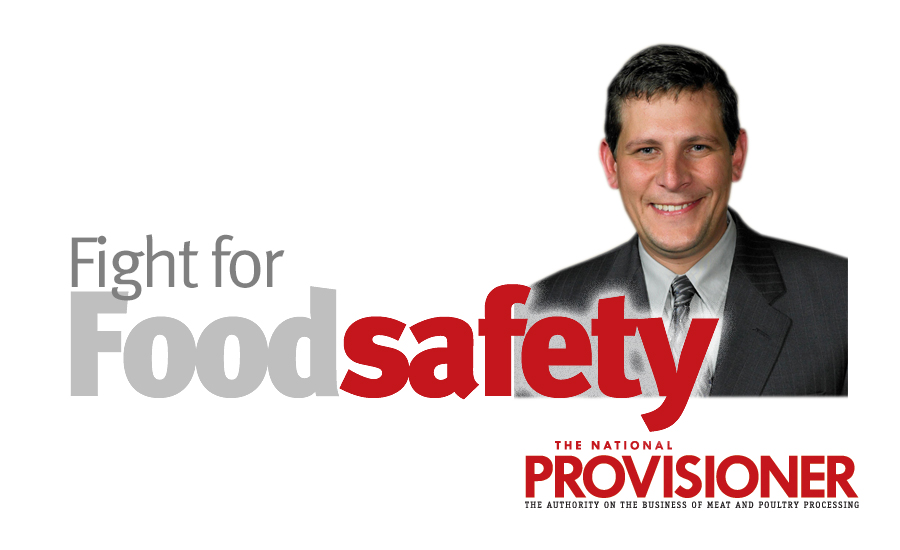Driven by its continued desire to drive foodborne illness numbers lower than ever before, the USDA Food Safety and Inspection Service (FSIS) continues to crack down on Listeria monocytogenes (Lm) in ready-to-eat food processing facilities. But federal establishments are not the only ones facing increasing pressure when it comes to controlling Lm in the environment. As recently described in its 2017-22 five-year Strategic Plan, FSIS has announced it will begin to intensify inspections of retail delis as part of its new enforcement initiatives. As FSIS policy shifts toward retail operations, many grocers will begin feeling added pressure from the agency.
FSIS is very good at regulating food safety in federal establishments. Studies show, however, there is still a lot of persistent Lm residing in retail delis nationwide. Although ready-to-eat foods are cooked by federal establishments to eliminate Lm and other pathogens prior being shipped to grocery stores, those products can become contaminated while being prepared or displayed in the deli environment. Once Lm is introduced into a deli, it can easily spread and contaminate other ready-to-eat foods such salads and other deli meats. This fact is confirmed by recent studies that show approximately 10 percent of all samples collected from grocery delis nationwide are positive for Lm.
In addition to being prevalent and persistent in the deli environment, Lm can also cause serious illness.
In response, FSIS announced it plans to reduce the number of Lm illnesses by “targeting … higher risk in-commerce facilities for surveillance and follow-up investigations to reduce the rate of food safety violations.” As explained by the agency, this approach will include “additional emphasis on retail locations that handle FSIS-regulated products, with a particular focus on Lm illnesses associated with deli products.” Put simply, over the course of the next five years, the agency will increasingly visit grocery store delis to inspect the operations and sample environments.
In preparation for these new regulatory initiatives, retail customers should be warned that FSIS may be lurking around the next corner. Make sure the deli products you supply are as safe as they can be, and make sure your customers know they need to carry food safety forward. Once you supply a safe product, it will be incumbent on the retail deli to keep your product safe while preparing it for sale to customers.
FSIS will not go away, unless Lm in U.S. delis does first. NP






